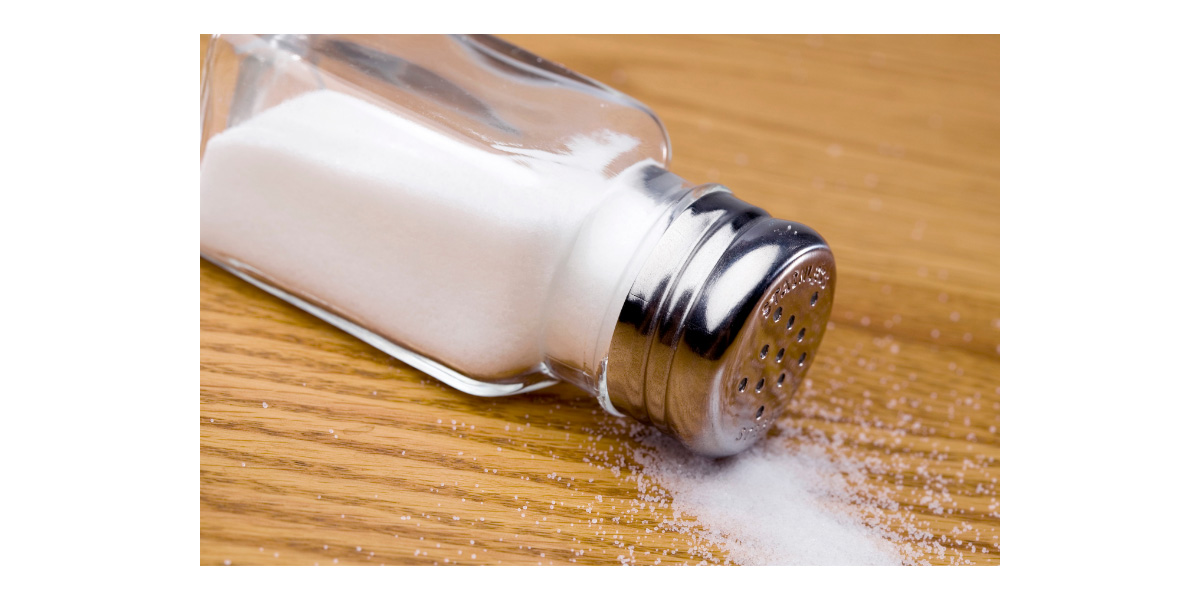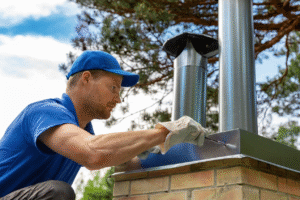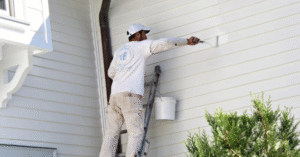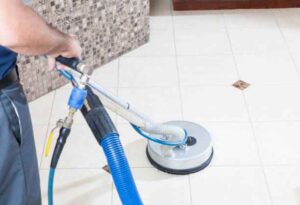Does Salt Kill Fleas? Exploring an Affordable Home Remedy for Flea Infestations
Fleas are one of the most frustrating pests for pet owners and homeowners alike. These tiny, jumping insects can quickly turn a comfortable living space into an itchy nightmare for both people and pets. If you’re dealing with a flea problem, you’ve probably searched for cost-effective and safe ways to get rid of them without using harsh chemicals. One popular home remedy you might have heard about is salt. But does salt kill fleas? Let’s explore how this simple kitchen ingredient can help control fleas, how effective it is, and why professional Pest Control services in Los Angeles may still be your best long-term solution.
How Fleas Infest Your Home
Before diving into salt as a remedy, it helps to understand how fleas operate. Adult fleas feed on the blood of animals and people. A single female flea can lay up to 50 eggs a day. These eggs fall into carpets, furniture, and bedding, where they develop into larvae and pupae before emerging as adults. That means even if you vacuum up visible fleas, dozens more are hidden and waiting to hatch.
If you live in Los Angeles or nearby areas, you know the warm, dry climate can make flea problems worse. Fleas thrive in these conditions and can remain active year-round. That’s why homeowners often turn to Pest Control services in Los Angeles for comprehensive treatment plans.
Does Salt Kill Fleas?
The idea behind using salt is simple: it dehydrates fleas and their larvae. Salt is a desiccant, which means it draws moisture out of anything it contacts. When fleas come into contact with salt, the salt damages their exoskeletons and eventually dries them out, killing them over time.
According to experts, salt can be helpful as a supplemental method in a larger flea control plan. However, it isn’t a guaranteed solution on its own. Fleas can hide deep in carpet fibers and pet bedding, which limits how much salt will reach them. Salt is most effective against flea larvae and eggs rather than adult fleas.
How to Use Salt for Flea Control
If you’d like to try this home remedy before calling in professional Pest Control services, here’s a step-by-step guide to using salt safely:
- Choose the Right Salt
- Regular table salt or finely ground sea salt works best.
- Avoid coarse salt, as it won’t penetrate carpet fibers effectively.
- Regular table salt or finely ground sea salt works best.
- Dry the Area
- Make sure carpets and surfaces are completely dry. Salt doesn’t work well on damp areas.
- Make sure carpets and surfaces are completely dry. Salt doesn’t work well on damp areas.
- Apply Salt Evenly
- Sprinkle a generous layer of salt over your carpets, rugs, and upholstery.
- Focus on areas where pets rest and sleep.
- Sprinkle a generous layer of salt over your carpets, rugs, and upholstery.
- Leave It to Work
- Let the salt sit undisturbed for at least 12–48 hours. The longer it remains, the more moisture it can draw from the fleas.
- Let the salt sit undisturbed for at least 12–48 hours. The longer it remains, the more moisture it can draw from the fleas.
- Vacuum Thoroughly
- After the waiting period, vacuum the treated areas carefully.
- Dispose of the vacuum bag or contents immediately in a sealed trash bag outside your home to prevent reinfestation.
- After the waiting period, vacuum the treated areas carefully.
- Repeat if Needed
- Because salt doesn’t affect flea pupae, you may need to repeat the treatment weekly until the infestation is gone.
- Because salt doesn’t affect flea pupae, you may need to repeat the treatment weekly until the infestation is gone.
While salt can help reduce flea populations, keep in mind that it doesn’t address fleas on pets themselves. You’ll still need appropriate flea treatments for your dogs or cats.
Advantages of Using Salt
- Cost-Effective: Salt is cheap and widely available.
- Non-Toxic: Unlike some chemical treatments, salt is safe when used properly around children and pets.
- Easy Application: You don’t need special equipment to apply salt.
These benefits make salt an appealing option for many homeowners looking to minimize chemical exposure.
Limitations of Salt as a Flea Treatment
Despite its benefits, salt has clear limitations:
- Limited Reach: Salt only works where you sprinkle it. Fleas hidden deep in furniture or cracks can escape contact.
- Not Instant: Salt doesn’t kill adult fleas immediately. It takes time to dehydrate them.
- No Residual Effect: Once you vacuum the salt, there is no lasting barrier to prevent fleas from coming back.
- Doesn’t Treat Pets: You’ll still need veterinary-approved treatments to eliminate fleas on animals.
If you have a severe infestation, these drawbacks often make salt less effective than professional solutions.
Why Professional Pest Control Services in Los Angeles Are Effective
Flea infestations can be stubborn. Even if salt reduces their numbers, eggs and pupae left behind can hatch and restart the cycle. That’s why many residents ultimately rely on experienced Pest Control services in Los Angeles.
Here’s how professional Pest Control services can help you eliminate fleas more reliably:
- Targeted Treatments: Pest control professionals use insecticides and growth regulators specifically formulated to break the flea life cycle.
- Integrated Pest Management: Technicians identify and treat problem areas that DIY remedies often miss, like crawl spaces and pet bedding.
- Safe Application: Licensed professionals ensure treatments are applied safely to protect your family and pets.
- Ongoing Monitoring: Many companies offer follow-up visits to make sure fleas don’t return.
- Peace of Mind: You won’t have to worry about reinfestation when a professional treatment plan is in place.
If you’re struggling with fleas despite using salt and vacuuming frequently, it may be time to consult experts in Pest Control in Los Angeles to get your home back to normal.
Additional Tips to Keep Fleas Away
Whether you choose salt, professional pest control, or a combination of methods, prevention is the key to long-term relief:
- Regular Vacuuming: Vacuum carpets, rugs, and furniture weekly.
- Wash Pet Bedding: Launder bedding and blankets in hot water.
- Use Flea Prevention Products: Talk to your veterinarian about flea collars, topical treatments, and oral medications for pets.
- Maintain Your Yard: Trim grass and remove debris to reduce outdoor flea habitats.
- Seal Entry Points: Check screens and doors to keep fleas from coming inside.
By combining these habits with either DIY methods or professional services, you can dramatically lower the risk of flea infestations in the future.
Final Thoughts: Should You Rely on Salt?
So, does salt kill fleas? The answer is yes, but only partially. Salt can dehydrate and kill flea eggs and larvae on surfaces, helping reduce the overall population in your home. However, it is rarely sufficient as a standalone solution, especially for larger infestations.If you are dealing with persistent flea problems, partnering with trusted Pest Control services in Los Angeles is the most reliable way to get rid of fleas completely. Professional pest control companies have the training, products, and experience to target fleas at every stage of their life cycle, offering faster and more lasting relief.














Post Comment